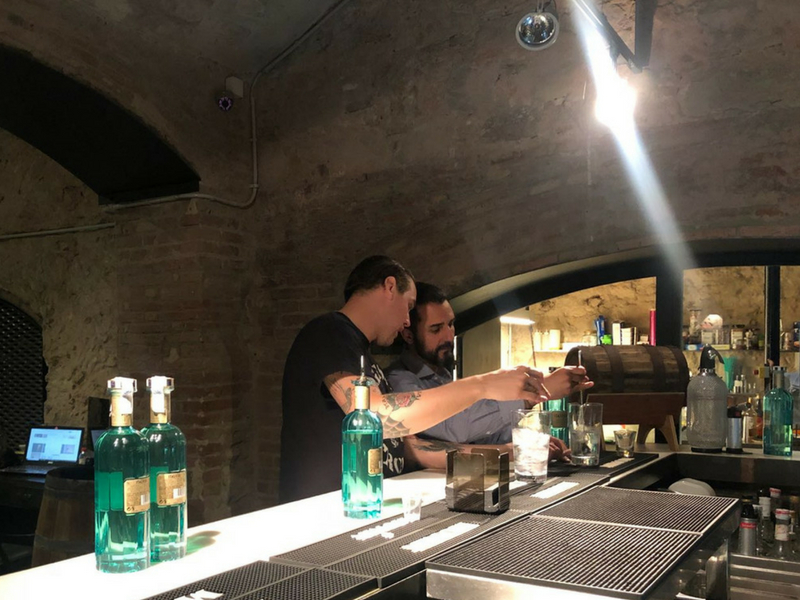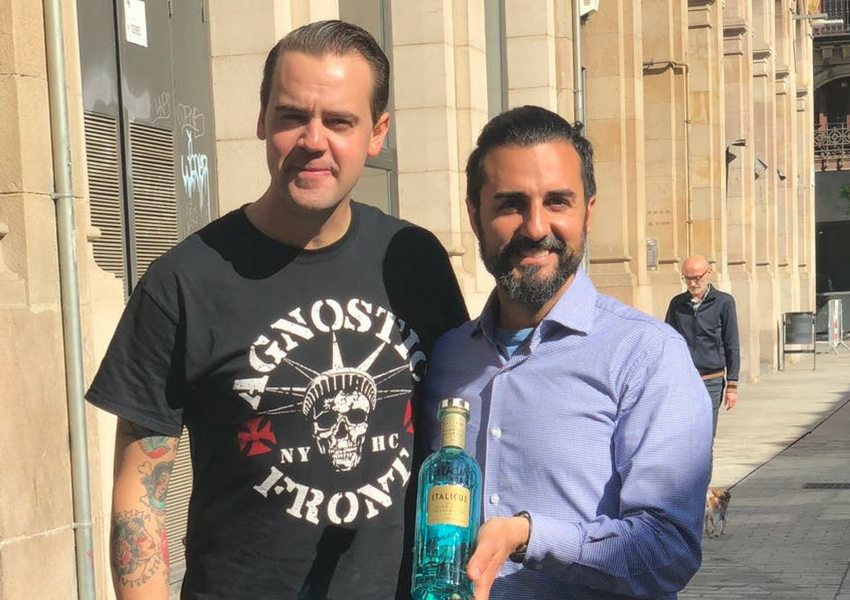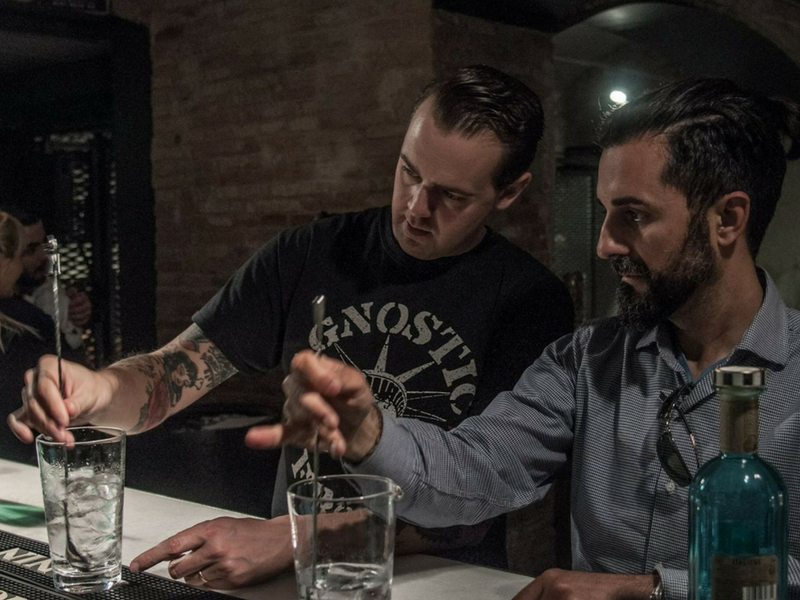Dall’Italia con amore
An afternoon with one of the best shakers in the world
Hello friends, let’s go with an article about cocktails, something that is always interesting. I wanted to tell you that, about a month ago, I had the opportunity and the great pleasure of spending an afternoon with Simone Caporale, an authentic eminence in the world of cocktails. We were chatting and practicing. I had the chance to extract a lot from him, I am left with a valuable apprenticeship and I want to reflect something of that afternoon here, so you can also enjoy it.
An extraordinary liquor
One of the products we most experienced was the Italicus. We had already briefly mentioned this product in an article on my other website, in which I told you about the training in cocktails that I lived in Seville last winter (see it here). Now let’s go deeper. To discover this Italian liquor, which arrives to become the star of the appetizers.
Reinventing the appetizer
Although there was a time when the Rosolio seemed to take a back seat, it has recently begun to gain strength again. Italicus surprises us with a complexity of fresh, floral and aromatic citrus, with touches of rose and lavender. The palate notes are cystic, a slight bitterness, with a complex and durable finish.
Tradition kept the Rosolio alive
Despite the apparent disappearance that we mentioned before, Rosolio never became extinct, remaining a family tradition in many parts of Italy.
Giuseppe Gallo’s family had their own recipes. Recipes made with lemons or wild strawberries picked by hand near their home on the Amalfi Coast.
From the beginning, the goal of Italicus was to create a spirit with exceptional provenance. All the ingredients are 100% Italian, each from its region: bergamot from Calabria, cedar from Sicily, chamomile from Tuscany, lavender, gentian, yellow roses and Melissa from Piedmont. Even the cap and the bottle are manufactured in Italy.
How is it made?
Italicus is made by maceration and distillation, three separate extracts are created using the three ingredients: rosolio, bergamot, and cedar. These botanical products are macerated for a week, then distilled in a copper pot. For citrus extracts, the husks are cold-pressed independently and then distilled. A gentle and careful process then mixes these beautiful extracts with natural cane sugar, neutral-grain Italian liqueurs, and pure water.
Bergamot from Calabria
Of all the rosolios of the Gallo family, the most memorable is that made with fresh bergamot, brought from Calabria, an area where the family used to spend their summers. There the bergamot of the trees was chosen within the protected area of Bergamoto, in Calabria. It is this wonderful fruit that gives the predominant flavor to Italicus.
Cedar from Sicily
In the sixteenth century, Sicily adopted the rosolio tradition from the north, incorporating its own range of unique flavors. Sicily is famous for its exceptional citrus, among which the cedar stands out. A large and fragrant fruit.
Conclusion

A really exceptional product that gives us a lot of possibilities when it comes to creating amazing cocktails. Thanks to Simone, it was a pleasure and an honor to share that afternoon of aromas and teachings with him.
Until the next post “amici”.
Xavi Iglesias
We all do the restaurant, and we all do as clients












No Comments